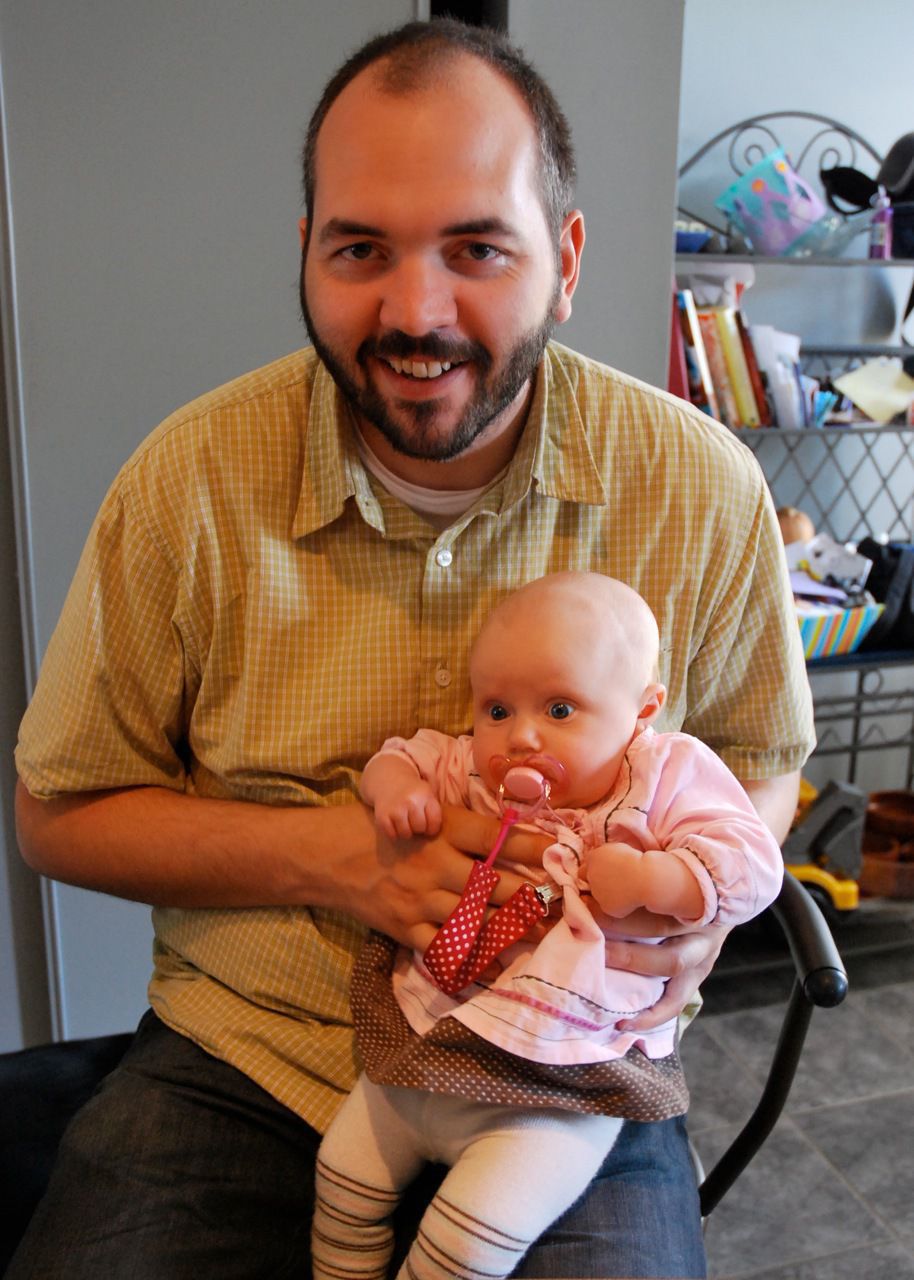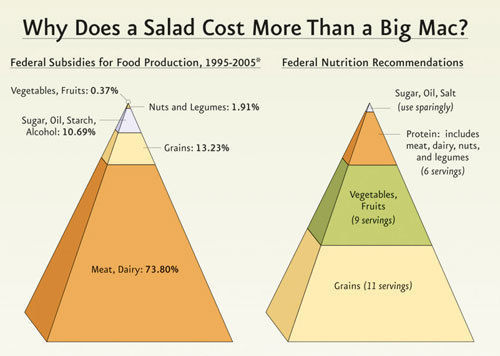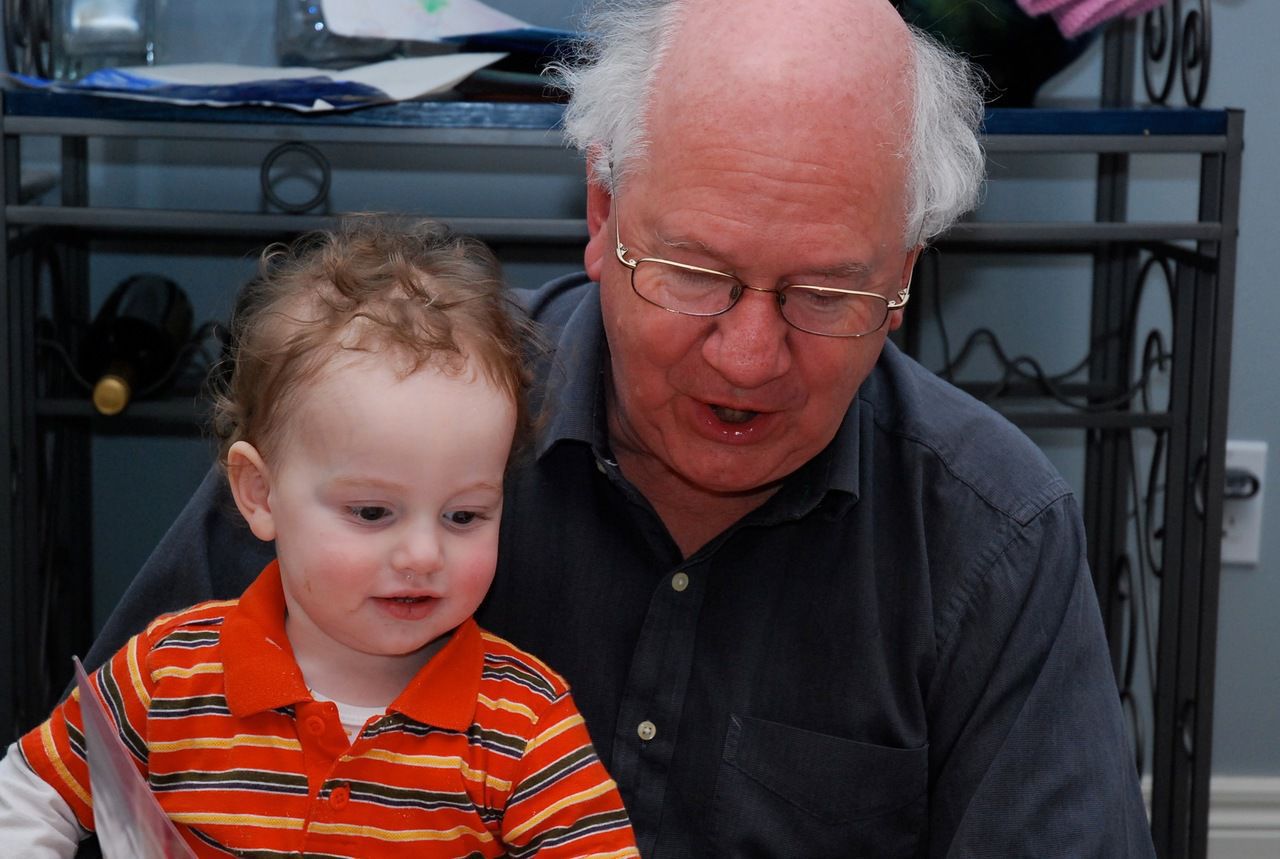Snake Oil? The scientific evidence for health supplements
Snake Oil? The scientific evidence for health supplements
Mother’s Day Brunch












The previous prime minister was called Mr. Dithers because Paul Martin could never make up his mind. Stephen Harper, it seems, can’t stop changing his.
Contraception a part of maternal-health plan, Harper says - The Globe and Mail
In other words, you are starting to matter. From prorogation and ten percenters, to anger over CIDA cuts and changes to the anthem, the grassroots have stirred enough to cause reversals in the government’s political designs. In such a light, the ten percenter victory is perhaps more important than we imagine, as citizens begin the slow process of filling up the public space the Harper government has increasingly vacated. It’s low-level turbulence, to be sure, but it’s a victory nonetheless – even if it’s only ten percent.
via Bathroom breaks could wait during gold-medal match

Good Medicine Magazine – Health vs. Pork: Congress Debates the Farm Bill

Expressing a gold-medal performance in public-sector efficiency by the number 1, the economists scored all other competitor countries as percentages of the first-place finish. With an input rating of 0.75, Canada’s 12th-place finish meant it spent 25 per cent more money than it needed to spend – that it could have attained the same results by spending only 75 per cent of the money it spent. You could put it another way. The Canadian government wasted one dollar for every four dollars it spent.
Input, output: We need a public-sector Olympics - The Globe and Mail
Funny Grandpa



Back to work

Early Spring Stroll

Our Healthy Princess

Meeting Baby Caitlynn

Science is not a cold body of facts, but an organized system of inquiry, discovery, evaluation and learning. Science not only welcomes the correction of errors, its key attribute is that it is self-correcting over time. As new research arises, old hypotheses gain or lose support. While this process never stops, generally accepted conclusions do accumulate, based on the overwhelming weight of evidence. The fact and threat of anthropogenic climate change are clearly among those conclusions.
Your square-jawed hero is, in fact, the scientist - The Globe and Mail
It is time, finally, to learn from our mistakes. While global leaders focused single-mindedly on cutting fossil fuel use by promising to cut carbon emissions, they have failed to invest anywhere enough money into ensuring that alternative technologies are ready to take up the slack. Keep in mind that global energy demand will double by 2050. Based on our current progress, it is clear that alternative technologies will not be ready to play a significant role.
Welcome to the fun house, friends. The 21st century is going to be the most dangerous and the most complicated (and the most exciting and dynamic) century in the history of the human race. The politics of science are going to get more complicated, more confusing and more contentious — even as the political impact of scientific findings looms ever larger in our lives.
Why Climate Science Is On Trial - Walter Russell Mead’s Blog - The American Interest
Secretly, I suspect, we technologists quite liked the idea that Normals would be dependent on us for our technological shamanism. Those incantations that only we can perform to heal their computers, those oracular proclamations that we make over the future and the blessings we bestow on purchasing choices.
Future Shock (via Instapaper)
In the New World, computers are task-centric. We are reading email, browsing the web, playing a game, but not all at once. Applications are sandboxed, then moats dug around the sandboxes, and then barbed wire placed around the moats. As a direct result, New World computers do not need virus scanners, their batteries last longer, and they rarely crash, but their users have lost a degree of freedom. New World computers have unprecedented ease of use, and benefit from decades of research into human-computer interaction. They are immediately understandable, fast, stable, and laser-focused on the 80% of the famous 80/20 rule.
A great episode of Quirks and Quarks with slime moulds that can build engineering networks and photosynthetic sea slugs. There’s a very funny line in the sea slug segment that almost derails Bob McDonald with laughter.
But we should cut the creationists a little slack, because every new bit of evidence, every discovery, is a nightmare for them. Take the ark. The big-boat business poses all sorts of questions. But, again, they’ve got answers. There are models and plans and layouts of the vessel. You can walk through a part of the hull. There’s biblical carpentry and weather reports. And the dinosaurs are on board. (They were probably small ones, the museum helpfully adds.) But recently scientists found a new giant rat and a fanged frog in Papua, New Guinea, so now some Noah-ists have to redesign the amphibian quarters.